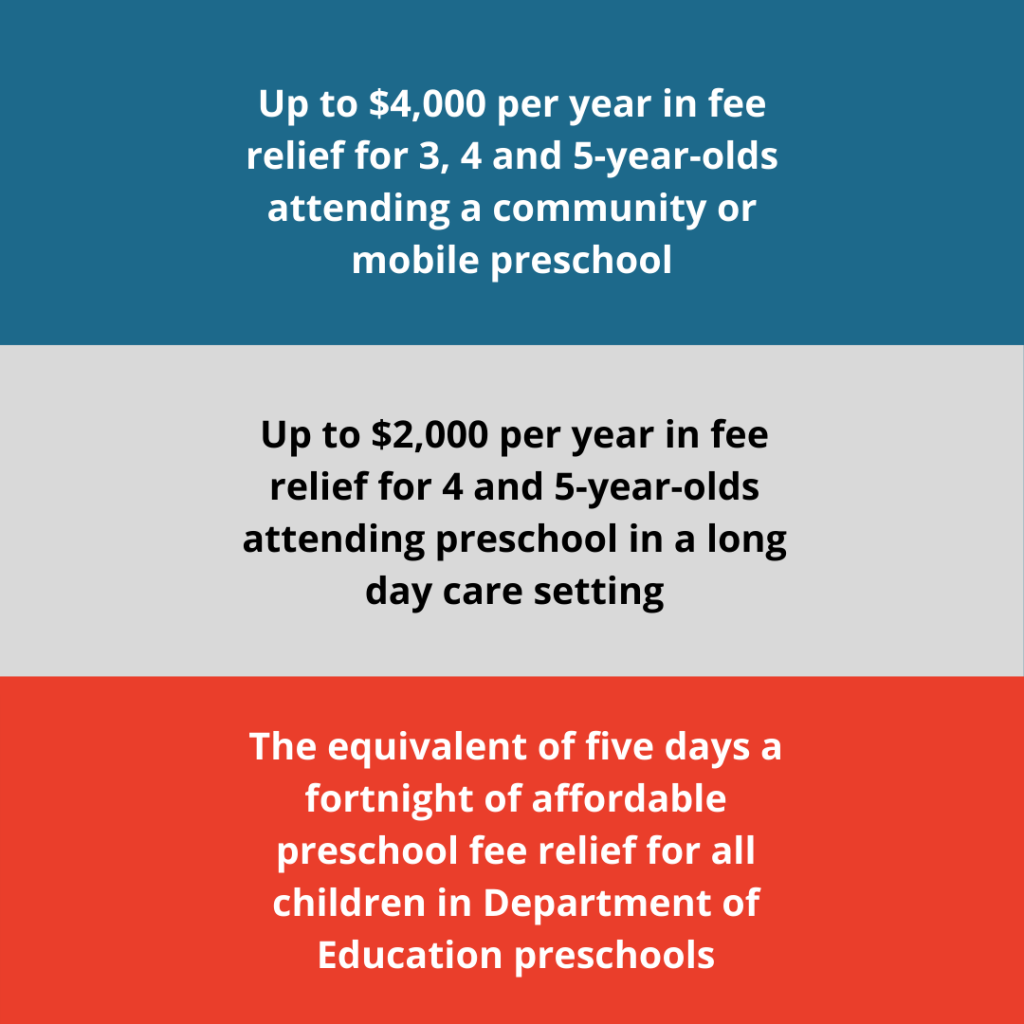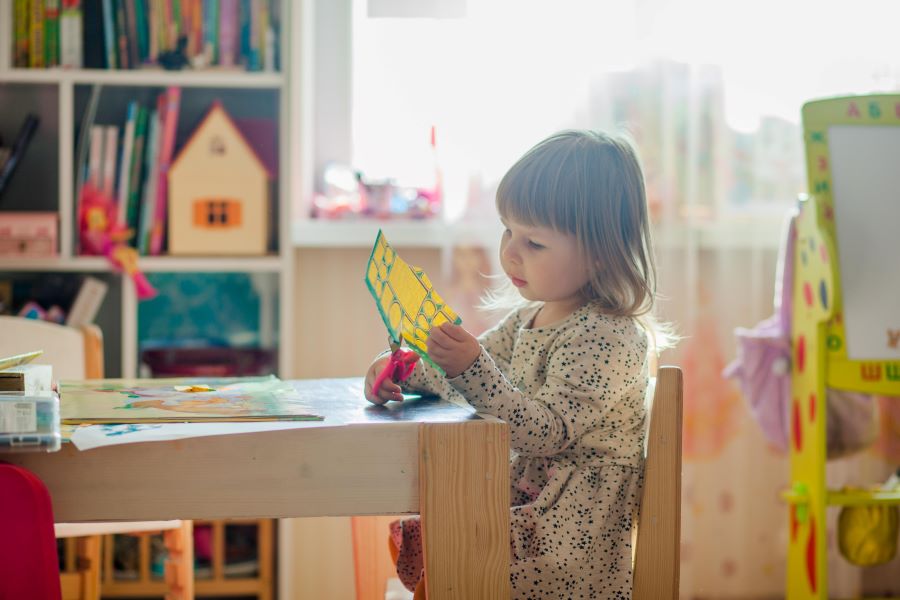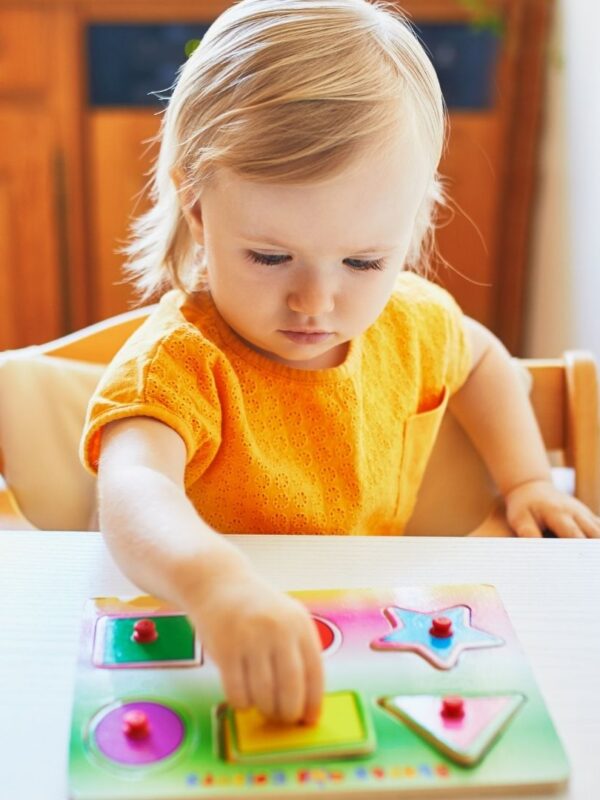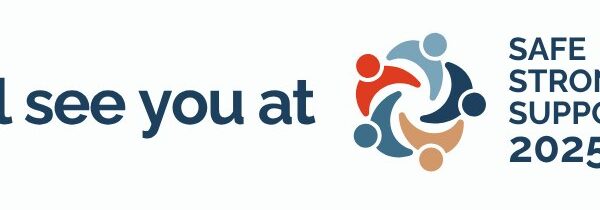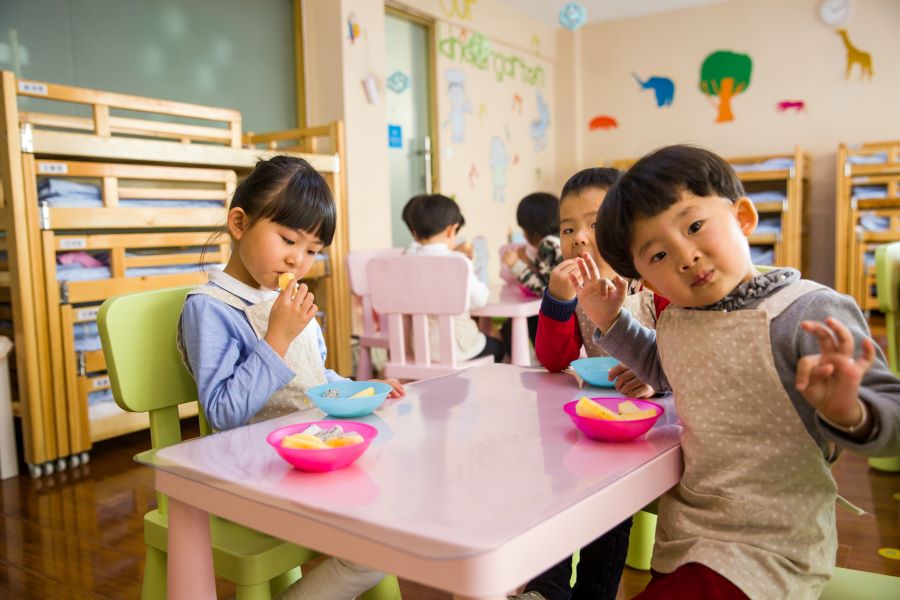
Fams welcomes news of crucial investments in the first 2,000 days of a child’s life via a $1.4 billion childcare package to be included in Tuesday’s NSW Budget.
As part of the 2022-23 Budget, the NSW Government is investing $1.4 billion in providing affordable preschool for the next four years, locking in fee relief for all NSW families with preschool-aged children.
The government will invest $376.5 million over the next four years in the Brighter Beginnings initiative, offering parents wrap-around supports during pregnancy and after birth, and expanding evidence-based development checks into early childhood learning.
From 1 January 2023, all NSW families will be eligible for:
The NSW Government will also invest $64.1 million for a two-year pilot to support more 3-year-olds attending preschool in long day care services.
Minister for Education and Early Learning Sarah Mitchell said that one of the biggest impacts we can have on educational outcomes at school is to improve early childhood education.
“A significant body of research shows that children who participate in quality preschool programs have improved lifelong educational, social and economic outcomes,” Ms Mitchell said.
“That’s why I’m so delighted to be continuing our support for community and mobile preschools. Families using these services are not eligible for the Child Care Subsidy, so NSW’s commitment to long-term funding relief is significant and genuinely needed.”
The current Start Strong Free Pre-school Program is already providing $150 million in fee relief for children enrolled in NSW community and mobile preschools.
An investment in developmental checks
The Brighter Beginnings package will provide all children with a full suite of developmental checks before they start school, and make the baby Blue Book digital.
“The first 2,000 days of a child’s life are critical to their development and success and we want to ensure they get the best start possible,” Mr Perrottet said.
Sarah Mitchell said it’s clear that getting it right early in a child’s life has lifelong benefits for their future.
“Almost half of all 4-year-old children do not get their recommended health and development checks, so making these available in every NSW early childhood service will open the door to brighter futures for thousands of children,” Ms Mitchell said.
“The Brighter Beginnings initiative will also make a huge difference to outcomes at school, from behaviour to academic results.”
“Knowing where children are developmentally and physically before they start school is so important, allowing any necessary support to be identified.”
Minister for Families and Communities Natasha Maclaren-Jones said that more Aboriginal Child and Family Centres will help connect families with a mix of culturally safe services and supports for their child’s development.
“Expansion of the Pregnancy Family Conferencing program will mean more vulnerable families will be able to access early engagement and interagency care planning, so they can remain together,” Ms Maclaren-Jones said.
The Brighter Beginnings initiative is a partnership, led by Minister Mitchell, between the Department of Education, NSW Health, the Department of Communities and Justice, the Department of Customer Service, the Department of Regional NSW, Multicultural NSW, Aboriginal Affairs, and the Department of Premier and Cabinet to drive transformational change in early childhood development.
Alongside the NSW Government’s Affordable Preschool Program, the Brighter Beginnings package includes:
- $111.2 million to bring health and development checks to all children in NSW preschool settings in partnership with health professionals;
- $98.7 million to continue and expand the number of Aboriginal Child and Family Centres across the state;
- $70.9 million to expand the transformational Sustaining NSW Families clinical nurse home visiting program;
- $57.2 million to develop the clinical interface of the Digital Baby Book; and
- $38.6 million to make Pregnancy Family Conferencing available to more parents across NSW.
Fams welcomes and supports initiatives that actively support families during the first 2,000 days of a child’s life.

